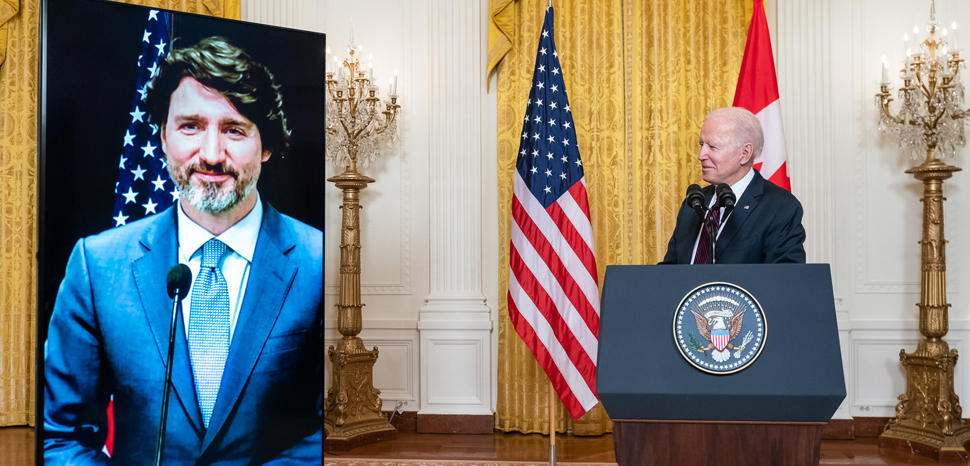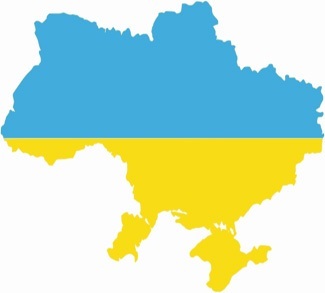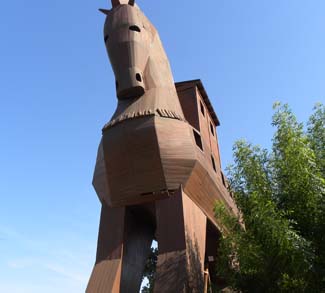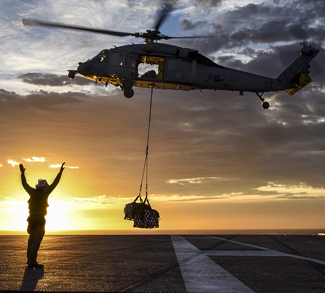North America ganged up on fellow NATO member Turkey in April. US President Joe Biden’s decision to recognize the 1915 massacres of Armenians as a ‘genocide’ came only two weeks after Canada banned the sale of military technology to Turkey which it had used in drones it sold to Azerbaijan. The US decision was all the more difficult to comprehend because Biden had come to power promising to rebuild Trans-Atlantic relations and re-energize US leadership of NATO.
With US-Turkish relations set to be in the doldrums for the remainder of Biden’s four-year presidency, his rush to recognize the genocide will make his avowed task impossible to accomplish. Canadian and US policies seemingly ignore the strategic importance of Turkey in the South Caucasus and Greater Middle East. Perhaps Ottawa and Washington need reminding Turkey has the second largest army in NATO.
Armenia’s alignment with Russia for over three decades is always ignored when Western policies are made toward the South Caucasus. Armenia was a founding member of the CIS Collective Security Treaty Organisation (CSTO), Russia’s ostensible answer to NATO. Armenia is also a member of the Eurasian Economic Union, Russian President Vladimir Putin’s answer to the European Union.
It is therefore difficult to comprehend how pro-Russia Armenia, with a population of three million, is deemed more strategically important than NATO member Turkey, and energy superpower Azerbaijan, which have a combined population of 92 million. How has the Armenian lobby come to hold so much influence over Canadian foreign policy?
Prime Minister Justin Trudeau’s Liberal government exhibits double-standards in foreign policy values which are central to Canadian identity. Minister of Foreign Affairs Marc Garneau’s claim the export ban to Turkey is in keeping with Canadian law and international human rights obligations is wrong and misleading on the territorial integrity of states and human rights.
In 1993, the UN Security Council voted for resolutions 822, 853, 874, and 884 on condemning Armenia’s illegal occupation of Nagorno-Karabakh and seven surrounding districts. Article 25 of the UN Charter specifies that these resolutions are mandatory for all members, including Canada.
Canada’s foreign policy on this question displays double standards. In banning the export of military technology to Turkey because it was used by Azerbaijan, Ottawa seems to be denying the right of Azerbaijan to defend its territorial integrity, as laid out in UN resolutions.
The question of a country’s territorial integrity is pertinent in another conflict, that of Ukraine. Canada has strongly defended Ukraine’s territorial integrity in the face of Russian military aggression. Russia has illegally annexed Crimea and is waging a proxy hybrid war in eastern Ukraine which has killed 15,000 people since 2014.
Important to remember, Armenia is an ally of Russia while Ukraine is not. In 2013 Armenia pulled out of signing an Association Agreement with the EU and instead joined the Eurasian Economic Union. Ukraine has had long-term goals of seeking NATO and EU membership and, after defending this right in the Euromaidan Revolution, signed an Association Agreement in 2014 with the EU, followed by Deep and the Comprehensive Free Trade Agreement (DCFTA) and a visa-free regime.
Ukraine and Turkey have developed a close political and military partnership. Turkey is home to millions of Crimean Tatars who are suffering horrendous repression in their occupied homeland. Ukraine has purchased 48 drones which use Canadian technology, and these are stationed in the Donbas in the eastern Ukrainian war zone. Would Canada have condemned Ukraine and slapped further export bans on Turkey if Ukraine had used the drones in response to a Russian invasion this month, as NATO feared?
Canada’s Armenian lobby is demanding Ottawa should recognize the right to ‘self-determination’ for Nagorno-Karabakh. One wonders what the Ukrainian community in Canada would think about ‘self-determination’ for the Russian proxy Donetsk and Luhansk People’s Republics in eastern Ukraine.
Canadian foreign policy will not be taken seriously by its partners if one hand supports separatism in Azerbaijan and another hand territorial integrity in Ukraine.
A second confusion of Liberal Party foreign policy is the claim the export ban was to prevent human rights violations, which shows the Liberal government has a weak grasp of history.
In the First Kaarabakh War in the early 1990s, three to four times more Azerbaijani’s (one million) than Armenians (200,000-300,000) were ethnically cleansed. Armenian forces occupied a large area (21%) of Azerbaijan; Azerbaijan did not occupy Armenian territories. The ‘largest massacre in the conflict,’ according to Human Rights Watch, was committed by Armenian forces in Khojily in 1992 when 613 civilians were murdered. During 27 years of occupation every building and example of Azerbaijani identity in the seven districts surrounding Nagorno-Karabakh was totally destroyed. After witnessing the devastation during a visit to the region this month I described it as the ‘Hiroshima of the South Caucasus.’ These territories are the most heavily mined region in the world, making it impossible for Azerbaijani IDP’s to return to the ruins which were once their homes.
In last year’s Second Karabakh War, 60 Armenian and 100 Azerbaijani civilians were killed. The latter died far outside the war zone from Armenian missiles which Yerevan fired hoping to provoke an Azerbaijani missile response into Armenia proper, which would have triggered Russian intervention under the CSTO. Russia refrained because the war was entirely fought on Azerbaijani territory.
Ottawa should abide by UN resolutions and defend the territorial integrity of states, both Azerbaijan and Ukraine, as well as condemning human rights abuses committed by all sides. Currently, the Liberal government’s foreign policy is muddled and lacking clear principles when dealing with fellow NATO member Turkey and the Nagorno-Karabakh conflict.
Taras Kuzio is a professor in the Department of Political Science, National University of Kyiv Mohyla Academy and author of Putin’s War Against Ukraine (2017) and forthcoming Russian Nationalism and the Russian-Ukrainian War.
The views expressed in this article are those of the authors alone and do not necessarily reflect those of Geopoliticalmonitor.com




